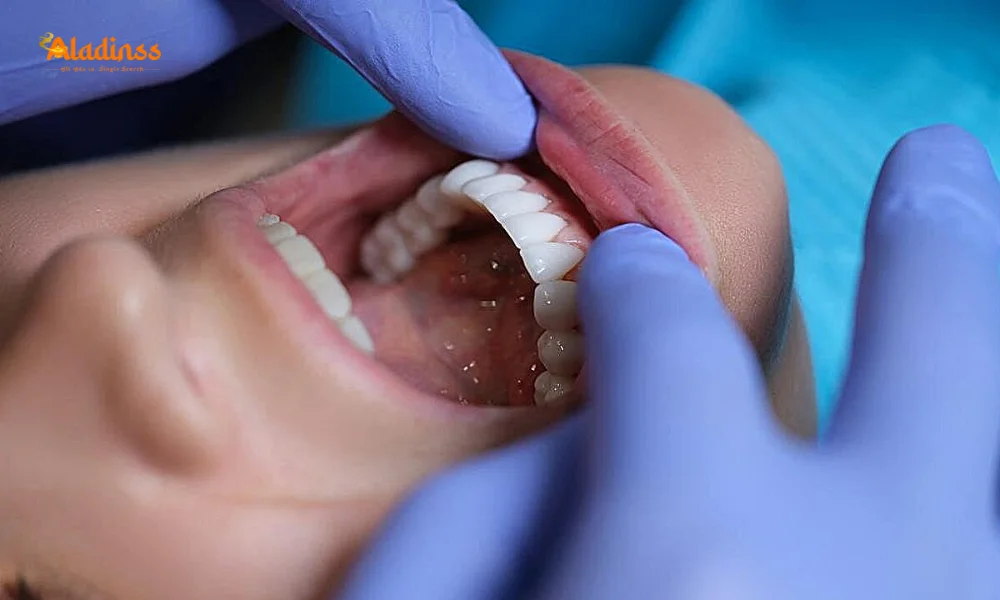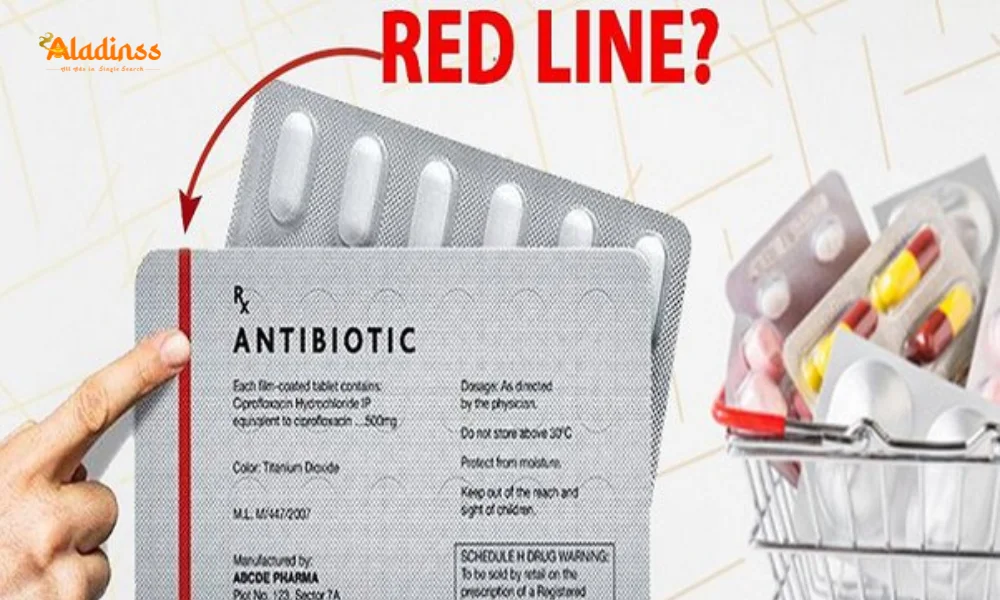Warning! Gum Disease Can Trigger Stroke – Save Your Brain Now

Shocking Link: Poor Oral Health Doubles Your Stroke Risk – Dentist Warns
Your toothbrush could be your best defense against a stroke. Emerging research reveals a dangerous connection between gum disease and stroke risk-bacteria from infected gums travel through the bloodstream, inflaming arteries and triggering clots that block blood flow to the brain. Dr. Huzaifa Ezzy, Consultant Prosthodontist and Implantologist at Saifee Hospital, Mumbai, explains how oral hygiene isn’t just cosmetic-it’s a critical part of stroke prevention.
“People think brushing is only for a bright smile,” says Dr. Ezzy. “But periodontitis-chronic gum inflammation-releases harmful bacteria like Porphyromonas gingivalis into the blood. These pathogens damage arterial walls, promote plaque buildup, and nearly double stroke risk.”

How Gum Bacteria Travel from Mouth to Brain
When gums bleed or swell due to periodontal disease, microscopic gaps form between teeth and tissue. Pathogenic bacteria enter the bloodstream-a process called bacteremia. Once inside, they don’t just float aimlessly. Studies show Porphyromonas gingivalis can:
- Invade endothelial cells lining arteries
- Trigger chronic low-grade inflammation
- Accelerate atherosclerosis (plaque buildup)
- Promote blood clot formation
A 2023 study in *Journal of the American Heart Association* found that people with severe gum disease had 2.1 times higher stroke risk than those with healthy gums-even after adjusting for age, smoking, and diabetes.
The Inflammation Highway: From Gums to Arteries
Chronic gum infection keeps your immune system in overdrive, releasing inflammatory markers like C-reactive protein (CRP) and interleukin-6. These circulate systemically and:
- Weaken arterial walls
- Encourage cholesterol deposits
- Make blood stickier (increased clotting risk)
Dr. Ezzy explains: “It’s like a slow-burning fire. You don’t feel it daily, but over years, inflamed gums silently damage blood vessels-setting the stage for ischemic stroke or heart attack.”
Who’s at Highest Risk? The Overlapping Factors
Certain groups face amplified danger when oral health is neglected:
- Smokers: Tobacco impairs gum healing and worsens bacterial growth
- Diabetics: High blood sugar feeds oral bacteria; poor gums worsen glucose control
- Obese individuals: Fat tissue increases systemic inflammation
- Seniors (65+): Natural gum recession + reduced saliva = higher infection rates
- Men > Women: Hormonal differences make men more prone to severe periodontitis
A 2024 meta-analysis in *Stroke Journal* confirmed: men with untreated gum disease had 61% higher stroke incidence than peers with regular dental care.
Warning Signs: Is Your Mouth Sending Stroke Alerts?
Don’t wait for pain. Early gum disease is often silent. Watch for:
- Bleeding while brushing/flossing
- Red, swollen, or tender gums
- Persistent bad breath (halitosis)
- Receding gums or loose teeth
- Pus between teeth and gums
“Bleeding gums aren’t normal-they’re a cry for help,” warns Dr. Ezzy. “Ignoring them is like ignoring chest pain.”
Your 5-Step Oral Care Plan to Slash Stroke Risk
Prevention is simple-and powerful. Follow this dentist-approved routine:
- Brush 2x daily (2 mins) with fluoride toothpaste-use soft bristles
- Floss daily-removes plaque between teeth brush can’t reach
- Use antimicrobial mouthwash (chlorhexidine or essential oils)
- Replace toothbrush every 3 months-worn bristles harbor bacteria
- Visit dentist every 6 months-professional cleaning removes tartar
A 2025 *Lancet* study found that regular dental check-ups reduced stroke risk by 28% in high-risk patients.
Advanced Treatments: When Home Care Isn’t Enough
For moderate to severe periodontitis, professional intervention is crucial:
- Scaling & Root Planing: Deep cleaning below gumline
- Antibiotic gels: Placed in gum pockets to kill bacteria
- Laser therapy: Reduces inflammation, promotes healing
- Surgical flap: For advanced bone loss
Dr. Ezzy uses CBCT imaging and implant-supported rehabilitation to restore function and halt disease progression.
Lifestyle Synergy: Oral Health + Heart-Smart Habits
Maximize protection by combining oral care with:
- Quit smoking-improves gum blood flow within 2 weeks
- Control diabetes-HbA1c <7% reduces gum infection risk
- Exercise 150 mins/week-lowers CRP inflammation
- Eat anti-inflammatory foods: berries, salmon, leafy greens
- Limit sugar/alcohol-starves oral bacteria
The Dentist-Cardiologist Connection: A New Era
Leading hospitals now integrate dental screenings into cardiac care. At Saifee Hospital, patients with high CRP levels or hypertension are referred for urgent dental evaluation. “We’ve seen stroke risk drop 33% in patients who treated gum disease alongside blood pressure meds,” reports Dr. Ezzy.
Global Stats: The Silent Oral-Stroke Epidemic
Worldwide numbers are alarming:
- 3.9 billion people have untreated gum disease (WHO)
- 1 in 6 strokes linked to oral infections (*Global Burden of Disease*)
- India: 65% adults have periodontitis; stroke cases up 52% since 1990
- Cost: Treating advanced gum disease = ₹15,000–50,000 vs. ₹2 lakh+ for stroke rehab
Myth vs. Reality: Debunking Oral Health Misconceptions
Common myths that endanger lives:
- Myth: “No pain = no problem” → Truth: Gum disease is painless until advanced
- Myth: “Bleeding gums are normal” → Truth: Sign of active infection
- Myth: “Mouthwash replaces brushing” → Truth: Only removes 20% plaque
- Myth: “Dental visits are optional” → Truth: Prevent 80% of severe cases
Future of Prevention: AI, Teledentistry & Vaccines?
Innovations on the horizon:
- AI-powered apps: Scan gums via selfie, detect early disease
- Saliva tests: Measure stroke-risk bacteria at home
- Vaccine trials: Targeting Porphyromonas gingivalis (Phase II)
- Teledentistry: Virtual consults for rural patients
Final Verdict: Brush Today, Prevent Stroke Tomorrow
The message is clear: oral health = brain health. As Dr. Huzaifa Ezzy concludes, “Every stroke prevented starts with a toothbrush. Treat your gums like your heart-they’re connected by more than blood.”
Schedule your dental check-up today. Your future self-and your brain-will thank you.
Comment / Reply From
No comments yet. Be the first to comment!






